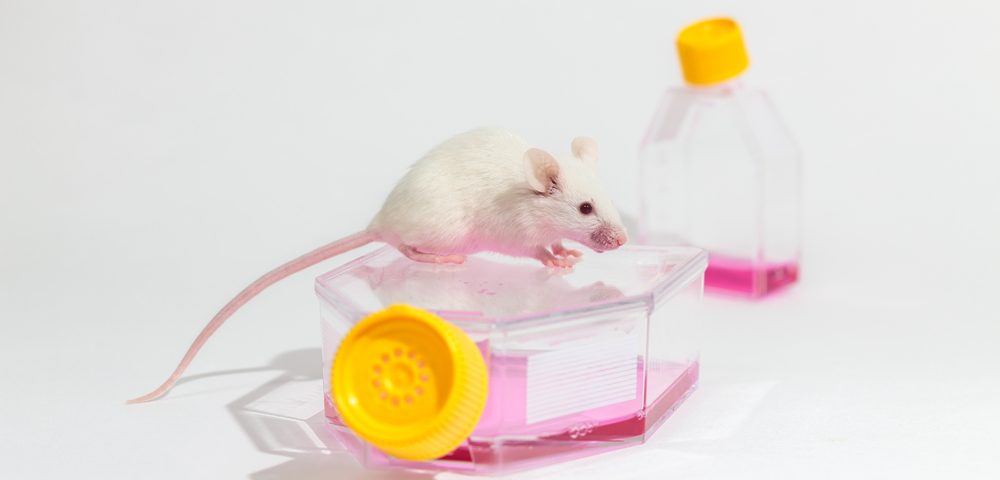The MAOA enzyme, which is naturally occurring, is a major cause of the spread of prostate cancer cells to the bone, probably by triggering bone degradation, a study in mice found.
Interestingly, an older generation anti-depressant was seen to slow the effect of the MAOA enzyme, disrupting the signaling that led to cancer cell invasion and proliferation.
A researcher at Washington State University, Jason Wu, in collaboration with colleagues at Cedars-Sinai Medical Center and elsewhere, published the study, “MAOA-Dependent Activation of Shh-IL6-RANKL Signaling Network Promotes Prostate Cancer Metastasis by Engaging Tumor-Stromal Cell Interactions,” in the journal Cancer Cell.
Prostate cancer, a cancer of the prostate gland — located at the base of the bladder that opens in to the urethra — spreads to the bones in late stages. Its metastasis, or spread, to the bones the cause of 90 percent of deaths from this cancer.
In an experiment with mice that had prostate cancer cells multiplying in their bodies, the amount of MAOA enzyme was lowered, causing the cancer’s spread to the bones to drop. When the amount of MAOA enzyme was increased, metastasis to the bones also rose in the mice, showing that MAOA enzyme is important in promoting prostate cancer spread.
“When we reduced this enzyme expression in prostate cancer cells, we found a lower prostate cancer bone metastasis,” Wu said. “On the other hand, if we overexpress this enzyme in prostate cancer cells, we found increased bone metastasis in mice.”
The MAOA enzyme paves the way for the spread of cancer cells to bones by triggering a chain of events that activates three substances. These substances, special kinds of proteins, in turn, promote bone degradation by bone cells called osteoclasts, which normally absorb bone material during healing processes, but became overactive in the diseased mice.
“The cancer cells can specifically activate the osteoclasts for bone degradation,” Wu said. “The experimental phenomenon we’ve observed is actually a lot more bone destruction than new bone formation.”
Interestingly, a drug called clorgyline, an older anti-depressant no longer in wide use, kept the MAOA enzyme from triggering the chain of events that leads to bone degradation.
“To be sure, there have been no clinical studies reporting a lower risk of prostate cancer in people currently taking antidepressants,” said Wu. “Our studies provide promising results in mice, which merit further investigation, such as adjusting the formulation, dose and delivery route of MAOA inhibitors, prior to ultimate clinical application.”

